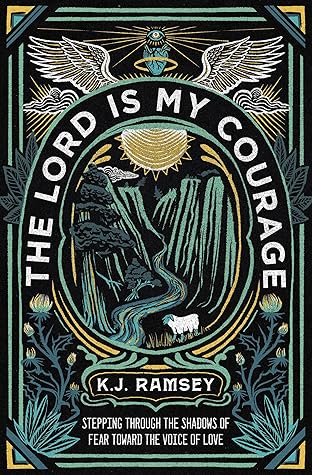More on this book
Community
Kindle Notes & Highlights
by
K.J. Ramsey
Read between
January 2 - May 29, 2024
For indeed, in a world that is so pervasively broken, in which we often ask, “What is wrong with me?” our guide implicitly asks the more important question, “What happened to me?” And this question must be asked because so much has happened to so many of us, and happened to us in the places we would least expect it—our families and churches.
We come to experience the Lord as a Shepherd who is far less than good and kind because we often experience shepherding figures as shaming, emotionally unavailable, demanding, and unkind.
We were made not because God needed us but because God wanted us.
“The Lord is my shepherd” can sound trite if you’ve been trampled on by someone who calls themselves a shepherd but prefers to stand on a bright stage. Most of the people I know who have deconstructed their faith or find themselves questioning whether they still belong in God’s flock (or even just the flock of evangelicalism) are disillusioned with shepherds who do not actually shepherd. People say we’re tearing down the church. I think we’re tearing down the stages. There are many reasons Scripture speaks of those who are responsible for the care of souls as shepherds, especially because
...more
Often, our bodies are speaking what our minds are afraid to say, stories most of us have never had space to tell.
All our “negative” emotions are really about a perceived lack of safety.
It’s the shepherds in your life—people in roles of caregiving, leadership, and authority—whose presence has primed your nervous system toward tightfisted fear or openhanded joy. Your past experiences of safety and connection with others—or the lack thereof—have shaped your nervous system’s capacity for connection and calm.
“Trauma is not what happens to us,” doctor and addiction expert Gabor Maté writes, “but what we hold inside in the absence of an empathetic witness.”


